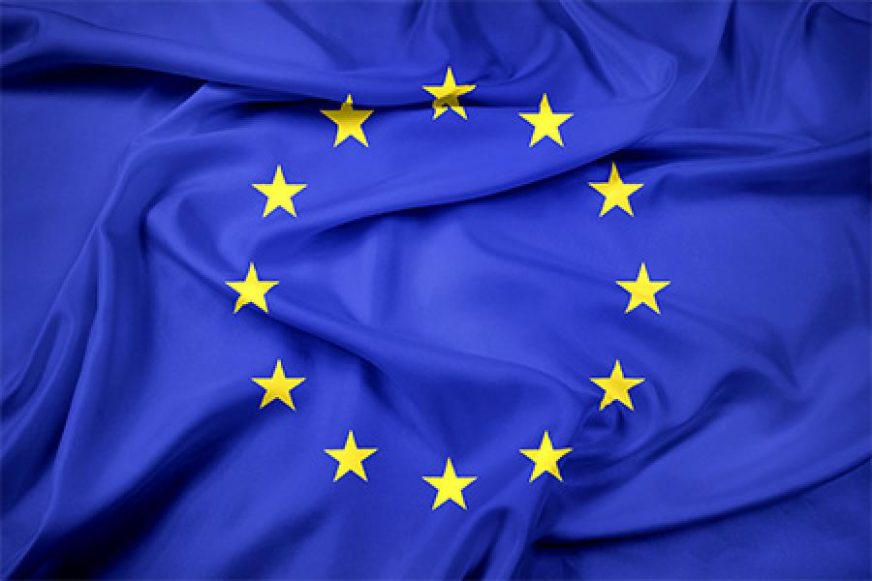EU Peacebuilding Initiative (EUPI) 2023

The European Union (EU) remains committed to a just and comprehensive resolution of the Israeli- Palestinian conflict, based on a two-state solution, with the State of Israel and an independent, democratic, contiguous, sovereign, and viable State of Palestine5, living side by side in peace and security and mutual recognition, and with Jerusalem as shared capital of the two states – the State of Israel and the State of Palestine. This position is based on the Oslo Accords and the international consensus embodied in the relevant UN Security Council Resolutions. The EU has consistently maintained its position that this is the only realistic and viable path towards a final status agreement and an end to the conflict. To this end, the EU is remaining politically engaged in the Middle East Peace Process (MEPP) via policies that aim to maintain the viability of the two-state solution and encourage the parties to return to negotiations. The EU seeks to contribute to addressing the underlying causes and to re-build the conditions for a dialogue between Israeli and Palestinians also through this specific programme.
The global objective of this call for proposals is to achieve greater public and political support for the two-state solution among specific constituencies and groups in Israel and Palestine through civil society’s positive engagement.
The specific objective(s) of this call for proposals are:
Specific objective 1: Civil society’s leverage on public discourse in support of a just and negotiated two-state solution in Israel and Palestine is fostered.
Expected outcomes
- Civil society’s national and transnational cooperation in favour of a just and negotiated two-state solution is fostered.
- Civil society’s advocacy efforts with decision makers on the policy level in favour of a just and negotiated two-state solution are enhanced.
- Inter-group and intra-groups participation in dialogue on policy /advocacy issues in support of a two-state solution on the societal level is fostered, particularly with constituencies/groups who oppose or are not supportive of a just and negotiated two-state solution.
Type of Actions, indicative list:
- Initiatives creating a specific and measurable impact among decision makers that either promote or preserve the conditions necessary for a negotiated settlement of the conflict;
- Initiatives that aim at supporting participatory and inclusive civil and political engagement of women and men on both sides through, but not limited to advocacy and awareness-raising for peace-oriented policy-shaping initiatives including at the grass-roots level;
- Capacity-building support to peace activists and grassroots organisations to enhance their meaningful contribution to conflict prevention, transformation and peacebuilding;
- Actions that increase inclusive youth and women’s participation in policy dialogue and peacebuilding initiatives;
- Initiatives aimed at advocating for and broaden support for a negotiated two-state solution at the
local, national, or international level(s), in particular with constituencies or groups who oppose or are
not favourable or supportive of a just and negotiated two-state solution; - Initiatives aimed at strengthening the capacities of civil society organisations as well as reinforcing
national and cross-border networks, platforms and fora in peacebuilding.
Specific objective 2: Societal changes in Israel and Palestine conducive to a climate favourable to
peacebuilding and supportive of a just and negotiated two-state solution are promoted by civil
society.
Expected outcomes
- A culture of peace and human rights (including mutual understanding, tolerance, and trust) as a set of values conducive to peaceful societies and co-existence is fostered.
- Inter-group and intra-groups dialogue aimed at building trust both at national and transnational level is fostered.
Other Opportunities































 Syria
Syria 
